December 30 stands as one of history’s most eventful days, witnessing the rise and fall of empires, groundbreaking discoveries, and moments that shaped our modern world across centuries of human achievement.

Politics and Government Events on December 30
1922 – Union of Soviet Socialist Republics Formation
The Union of Soviet Socialist Republics officially formed on this date, creating the world’s largest communist state. Vladimir Lenin’s Bolsheviks consolidated power across the former Russian Empire territories.
This political transformation reshaped global geopolitics for the entire twentieth century. The USSR’s establishment marked the beginning of the Cold War era and ideological division between East and West.
1947 – King Michael I of Romania Forced to Abdicate
The Soviet Union-backed Communist government of Romania forced King Michael I to abdicate his throne. This marked the end of the Romanian monarchy and the beginning of communist rule.
The abdication represented Stalin’s expanding influence throughout Eastern Europe. Romania’s transition to communism completed the Soviet satellite state system in the region.
1944 – King George II of Greece Declares Regency
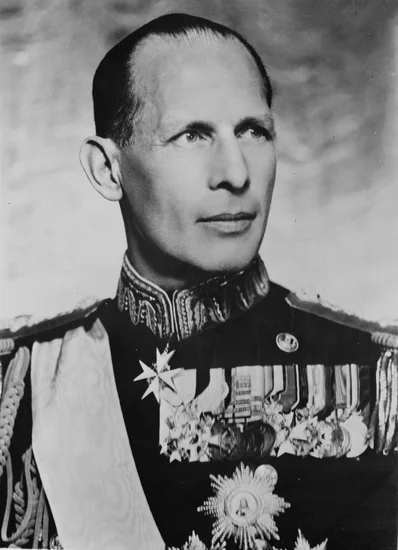
King George II of Greece declared a regency, effectively leaving the throne vacant during the Greek Civil War. This decision came amid intense political turmoil and communist insurgency.
The regency represented a temporary solution to Greece’s constitutional crisis. The king’s withdrawal from active rule allowed political factions to negotiate without monarchical interference.
1906 – All-India Muslim League Founded
The All-India Muslim League was founded in Dacca, East Bengal, British India. This political organization would become instrumental in advocating for Muslim rights and interests.
The League’s formation marked the beginning of organized Muslim political representation in British India. This organization would later play a crucial role in the creation of Pakistan.
1943 – Subhas Chandra Bose Raises Independence Flag

Subhas Chandra Bose raised the flag of Indian independence at Port Blair in the Andaman Islands. This symbolic act represented the Provisional Government of Free India’s territorial control.
Bose’s flag-raising ceremony demonstrated the Indian National Army’s commitment to independence through military action. The event marked a significant moment in India’s struggle against British colonial rule.
2006 – Saddam Hussein Executed
Former President of Iraq Saddam Hussein was executed by hanging in Baghdad. The execution concluded his trial for crimes against humanity committed during his dictatorship.
Hussein’s death marked the end of an era in Iraqi politics and Middle Eastern history. The execution occurred during the height of the Iraq War and sectarian violence.
Military and Naval History on December 30
1972 – Operation Linebacker II Ends
Operation Linebacker II, the massive B-52 bombing campaign against North Vietnam, officially ended. The eleven-day operation targeted military and industrial facilities around Hanoi and Haiphong.
The bombing campaign forced North Vietnam back to the Paris Peace Talks. This military action represented one of the final major escalations of the Vietnam War.
1935 – Italian Air Force Bombs Swedish Red Cross Hospital
The Italian Air Force bombed a Swedish Red Cross hospital during the Second Italo-Abyssinian War. This attack violated international laws protecting medical facilities during wartime.
The bombing demonstrated Italy’s disregard for Geneva Convention protections. The incident sparked international condemnation and highlighted the brutality of the Ethiopian conflict.
1943 – Chapman Base Bombing
A suicide bomber killed nine people at Forward Operating Base Chapman in Afghanistan. The attack targeted a key Central Intelligence Agency facility during ongoing operations.
The bombing represented a significant security breach for American intelligence operations. The incident demonstrated the persistent threat faced by CIA personnel in Afghanistan.
1958 – Guatemalan Air Force Sinks Mexican Fishing Boats
The Guatemalan Air Force sank several Mexican fishing boats for allegedly breaching maritime borders. Three people were killed in the incident, sparking international tension.
The attack created a diplomatic crisis between Guatemala and Mexico. The incident highlighted ongoing territorial disputes and maritime boundary issues in Central America.
Science and Discovery Milestones on December 30
1902 – Discovery Expedition Reaches Farthest South
The Discovery Expedition under Robert Falcon Scott attained a Farthest South record at 82°17′S in Antarctica. This achievement marked the closest approach to the South Pole at that time.
Scott’s expedition pushed the boundaries of polar exploration and scientific discovery. The record-breaking journey provided valuable geographical and meteorological data about Antarctica’s interior.
2009 – Lanzhou-Zhengzhou-Changsha Pipeline Rupture
A segment of the Lanzhou-Zhengzhou-Changsha pipeline ruptured in Shaanxi, China. Approximately 150,000 liters of diesel oil flowed into the Wei River before reaching the Yellow River.
The environmental disaster highlighted China’s industrial safety challenges. The spill threatened water supplies for millions of people along the Yellow River system.
2005 – Tropical Storm Zeta Forms
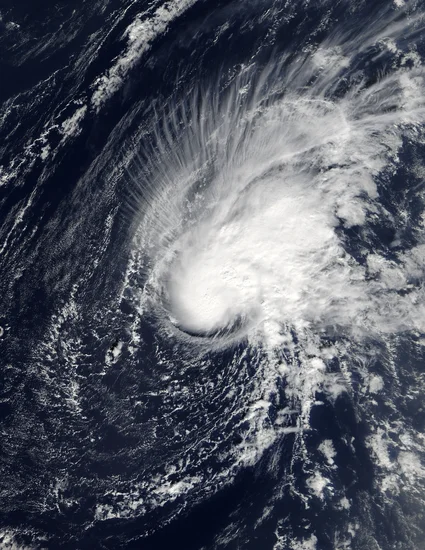
Tropical Storm Zeta formed in the open Atlantic Ocean, tying the record for the latest tropical cyclone formation. The storm’s development marked the end of the most active hurricane season on record.
Zeta’s formation demonstrated the unprecedented nature of the 2005 Atlantic hurricane season. The storm’s late development provided valuable data for meteorological research.
Cultural and Arts Events on December 30
1903 – Iroquois Theater Fire

A devastating fire at the Iroquois Theater in Chicago, Illinois killed at least 605 people. The tragedy became one of the deadliest single-building fires in American history.
The disaster led to significant improvements in theater safety regulations and building codes. The fire’s aftermath transformed fire safety standards across the United States.
2004 – República Cromagnon Nightclub Fire

A fire at the República Cromagnon nightclub in Buenos Aires, Argentina killed 194 people. The tragedy occurred during a rock concert when pyrotechnics ignited the venue.
The disaster exposed serious safety violations and corruption in Buenos Aires’ entertainment industry. The fire led to major reforms in Argentina’s nightclub safety regulations.
1927 – Ginza Line Opens in Tokyo
The Ginza Line, the first subway line in Asia, opened in Tokyo, Japan. This groundbreaking transportation system revolutionized urban transit in the region.
The subway’s opening marked Japan’s entry into the modern era of mass transit. The Ginza Line served as a model for subway systems throughout Asia.
Religious and Social Events on December 30
1916 – Grigori Rasputin Murdered
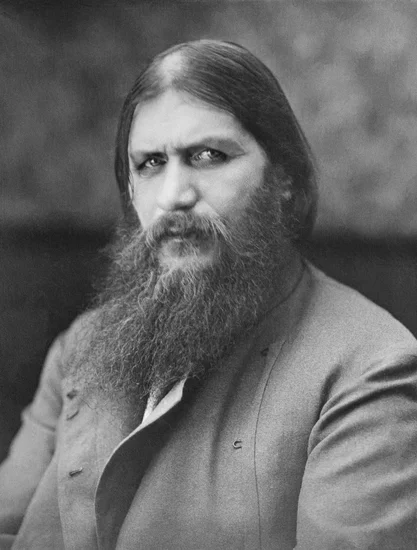
Russian mystic and advisor to the Tsar Grigori Rasputin was murdered by a loyalist group led by Prince Felix Yusupov. His frozen, partially-bound body was discovered in a Petrograd river three days later.
Rasputin’s assassination reflected the Russian nobility’s desperation to save the monarchy. The murder failed to prevent the Russian Revolution and the Romanov dynasty’s collapse.
1916 – Last Coronation in Hungary
The last coronation in Hungary was performed for King Charles IV and Queen Zita. This ceremony marked the end of the Austro-Hungarian Empire’s traditional succession rituals.
The coronation occurred during World War I as the empire faced collapse. Charles IV’s reign would be brief, ending with the empire’s dissolution in 1918.
1993 – Israel Establishes Vatican Relations
Israel established diplomatic relations with Vatican City and upgraded to full diplomatic relations with Ireland. These agreements marked significant steps in Israel’s international recognition.
The Vatican agreement represented a historic breakthrough in Catholic-Jewish relations. The diplomatic recognition helped normalize Israel’s position in the international community.
Business and Economic Events on December 30
1936 – Flint Sit-Down Strike Begins

The Flint sit-down strike hit General Motors, beginning one of the most important labor actions in American history. Workers occupied GM plants to demand union recognition and better working conditions.
The strike lasted 44 days and resulted in the United Auto Workers’ recognition by General Motors. This victory transformed American labor relations and established industrial unionism.
1996 – Netanyahu Budget Protests

Proposed budget cuts by Benjamin Netanyahu sparked protests from 250,000 workers who shut down services across Israel. The demonstrations represented the largest labor action in Israeli history.
The protests forced Netanyahu to modify his economic policies and negotiate with labor unions. The strikes demonstrated the power of organized labor in Israeli politics.
2000 – Rizal Day Bombings
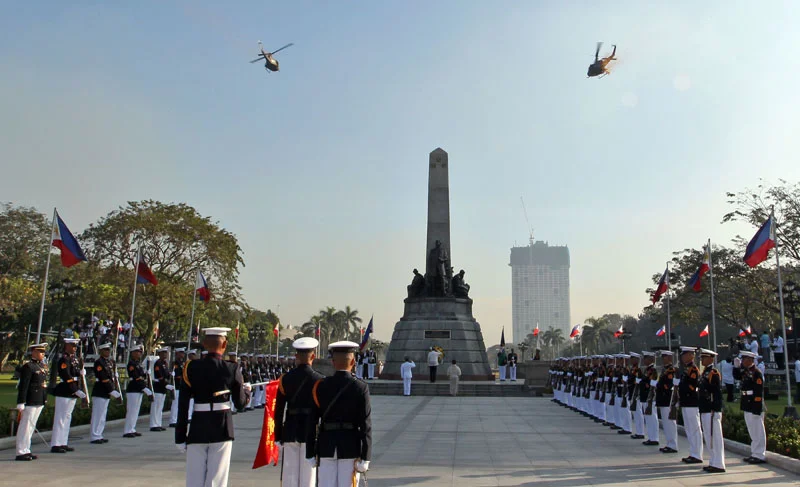
A series of bombs exploded in various places in Metro Manila, Philippines within a few hours, killing 22 and injuring about a hundred. The coordinated attacks targeted civilian areas during the national holiday.
The bombings created widespread panic and led to increased security measures. The attacks were attributed to terrorist groups operating in the southern Philippines.
Transportation and Infrastructure on December 30
1927 – First Asian Subway Opens
The Ginza Line subway system opened in Tokyo, becoming the first underground railway in Asia. This engineering achievement revolutionized urban transportation throughout the region.
The subway’s success demonstrated Japan’s technological capabilities and modernization efforts. The Ginza Line established Tokyo as a leader in mass transit innovation.
2006 – Madrid-Barajas Airport Bombing
Madrid-Barajas Airport was bombed by ETA terrorists, marking a significant attack on Spanish transportation infrastructure. The explosion destroyed part of the airport’s parking facility.
The bombing represented ETA’s continued campaign against Spanish targets. The attack disrupted international travel and highlighted ongoing security challenges.
2006 – Indonesian Ferry Disaster
The Indonesian passenger ferry MV Senopati Nusantara sank in a storm, resulting in at least 400 deaths. The disaster highlighted Indonesia’s maritime safety problems.
The ferry’s sinking became one of Indonesia’s worst maritime disasters. The tragedy led to increased scrutiny of ferry safety regulations and oversight.
Sports and Recreation on December 30
1987 – Stella Sigcau Ousted in Transkei
Stella Sigcau, Prime Minister of the South African Bantustan of Transkei, was ousted from power in a bloodless military coup. General Bantu Holomisa led the takeover of the homeland government.
The coup reflected the instability of South Africa’s Bantustan system. The military action occurred during the final years of apartheid rule.
1952 – RAF Lancaster Bomber Crashes
An RAF Avro Lancaster bomber crashed in Luqa, Malta after an engine failure. The accident killed three crew members and one civilian on the ground.
The crash highlighted the dangers of military aviation operations. The incident occurred during routine training exercises in the Mediterranean.
1997 – Wilaya of Relizane Massacres
In the worst incident of Algeria’s insurgency, the Wilaya of Relizane massacres killed 400 people from four villages. The brutal attacks shocked the international community.
The massacres represented the peak of violence during Algeria’s civil war. The killings demonstrated the extremist groups’ willingness to target civilians.
Notable Births on December 30
1946 – Patti Smith Born

American singer-songwriter and poet Patti Smith was born in Chicago, Illinois. Her artistic vision would revolutionize rock music and poetry integration.
Smith emerged as a pioneering figure in the New York punk rock scene. Her influential album “Horses” established her as a major cultural force in American music.
1984 – LeBron James Born

American basketball player LeBron James was born in Akron, Ohio. His athletic prowess would make him one of the greatest basketball players in history.
James revolutionized modern basketball with his versatility and leadership. His career achievements include multiple NBA championships and Olympic gold medals.
1935 – Sandy Koufax Born

American baseball player Sandy Koufax was born in Brooklyn, New York. His pitching dominance would make him a legendary figure in baseball history.
Koufax became the youngest player ever elected to the Baseball Hall of Fame. His perfect games and World Series performances defined 1960s baseball excellence.
1963 – Mike Pompeo Born
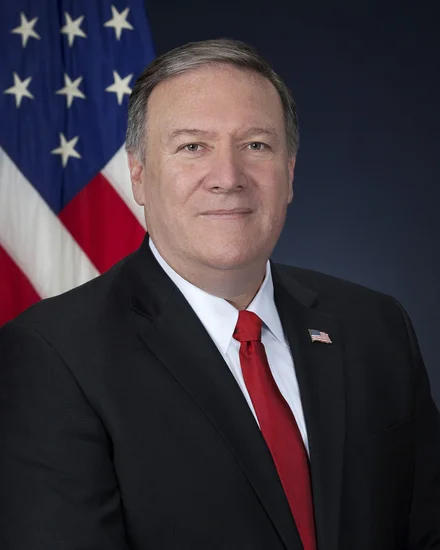
American diplomat and politician Mike Pompeo was born in Orange, California. His military and political career would lead to high-level government service.
Pompeo served as CIA Director and Secretary of State under President Trump. His diplomatic efforts focused on Middle East peace and China relations.
1930 – Tu Youyou Born
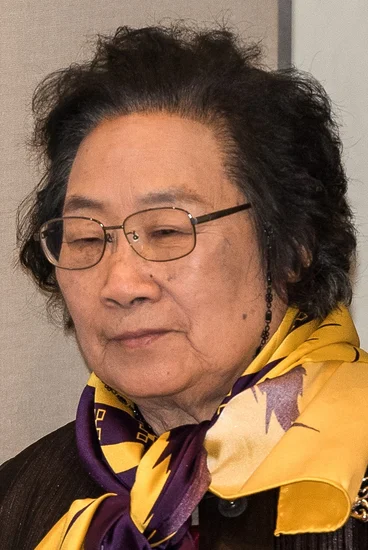
Chinese chemist and pharmacist Tu Youyou was born in Ningbo, China. Her scientific research would earn her the Nobel Prize in Physiology or Medicine.
Tu Youyou discovered artemisinin, a crucial antimalarial drug that saved millions of lives. Her work represents a major breakthrough in tropical medicine.
1973 – Bjarne Stroustrup Born

Danish computer scientist Bjarne Stroustrup was born in Aarhus, Denmark. His programming innovations would transform software development worldwide.
Stroustrup created the C++ programming language, revolutionizing computer programming. His work laid the foundation for modern software engineering practices.
1969 – Jay Kay Born

English singer and songwriter Jay Kay was born in Stretford, Manchester. His musical talent would lead to international success with the band Jamiroquai.
Kay’s distinctive voice and style helped define the acid jazz genre. His environmental activism and musical innovation earned critical acclaim worldwide.
Notable Deaths on December 30
1916 – Grigori Rasputin Dies
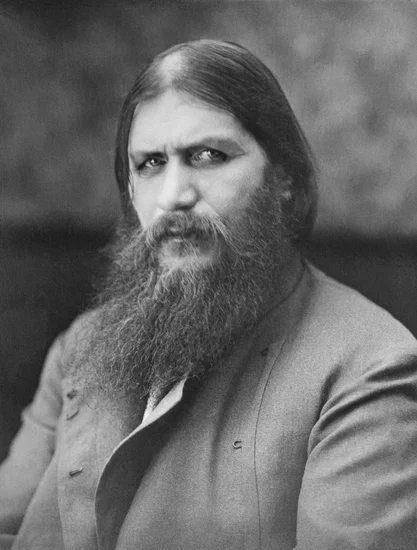
Russian mystic Grigori Rasputin died after being murdered by Russian nobles. His controversial influence over the Romanov family had destabilized the monarchy.
Rasputin’s death failed to save the Russian Empire from revolution. His assassination became one of the most dramatic episodes in Russian history.
2006 – Saddam Hussein Dies
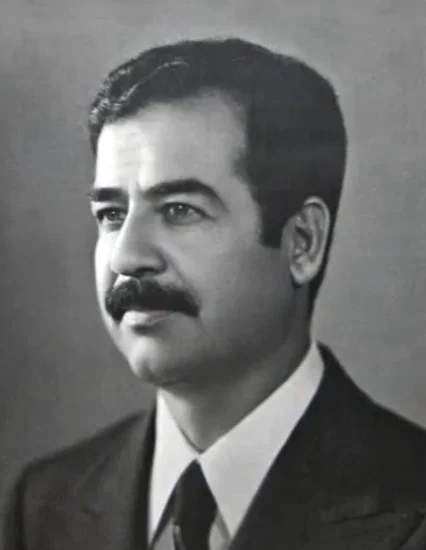
Iraqi general and politician Saddam Hussein died by execution in Baghdad. His dictatorship had dominated Iraqi politics for decades through brutal repression.
Hussein’s death marked the end of Ba’athist rule in Iraq. His execution occurred during the height of sectarian violence following the American invasion.
1944 – Romain Rolland Dies

French author and playwright Romain Rolland died in Vézelay, France. His literary works earned him the Nobel Prize in Literature in 1915.
Rolland’s pacifist writings influenced European intellectual thought. His novel “Jean-Christophe” became a masterpiece of early twentieth-century literature.
1979 – Richard Rodgers Dies
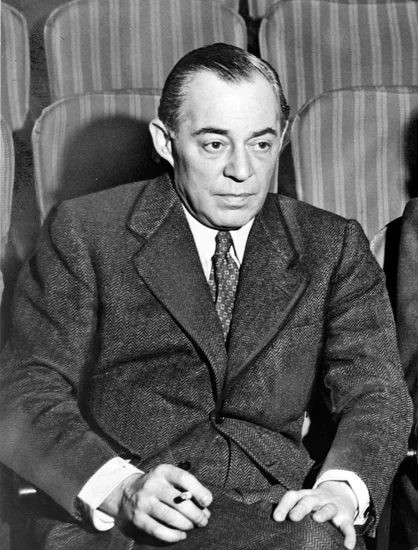
American composer Richard Rodgers died in New York City. His musical collaborations created some of Broadway’s most beloved and enduring works.
Rodgers partnered with both Lorenz Hart and Oscar Hammerstein II to create musical theater classics. His compositions include “Oklahoma!” and “The Sound of Music.”
2012 – Rita Levi-Montalcini Dies
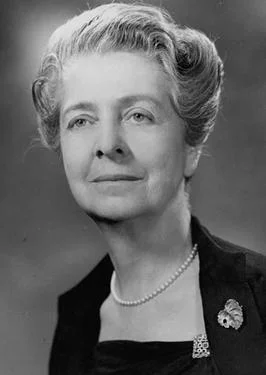
Italian neurologist Rita Levi-Montalcini died in Rome at age 103. Her groundbreaking research earned her the Nobel Prize in Physiology or Medicine.
Levi-Montalcini discovered nerve growth factor, revolutionizing neuroscience understanding. Her work opened new frontiers in neurological research and treatment.
2022 – Barbara Walters Dies
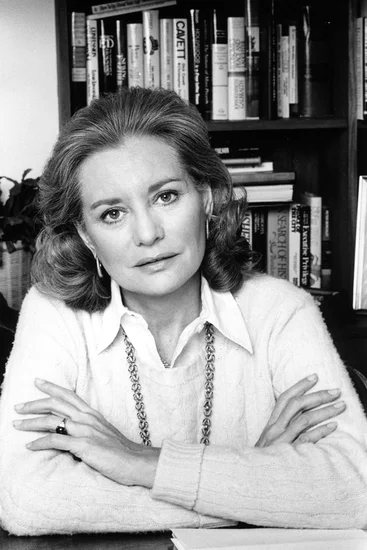
American journalist Barbara Walters died in New York City. Her pioneering career broke barriers for women in broadcast journalism.
Walters became the first female co-anchor of a network evening news program. Her interview style and journalistic excellence influenced generations of reporters.
Holidays and Observances on December 30
Rizal Day

The Philippines observes Rizal Day on December 30, commemorating the execution of national hero José Rizal. This national holiday honors his contributions to Philippine independence and literature.
Rizal’s martyrdom in 1896 inspired the Philippine Revolution against Spanish colonial rule. His novels and writings continue to influence Filipino national identity.
Day of the Declaration of Slovakia as Independent Ecclesiastic Province
Slovakia observes this religious holiday commemorating the establishment of its independent ecclesiastical status. The day celebrates Slovak religious autonomy and cultural identity.
The declaration marked Slovakia’s ecclesiastical independence from Hungarian church authority. This religious milestone strengthened Slovak national consciousness and cultural development.
Fifth Day of Kwanzaa
The United States celebrates the fifth day of Kwanzaa, focusing on the principle of Nia (purpose). This African-American holiday emphasizes community values and cultural heritage.
Kwanzaa’s fifth day encourages reflection on collective purpose and community building. Families gather to discuss their roles in strengthening African-American communities.
Sixth Day of the Twelve Days of Christmas
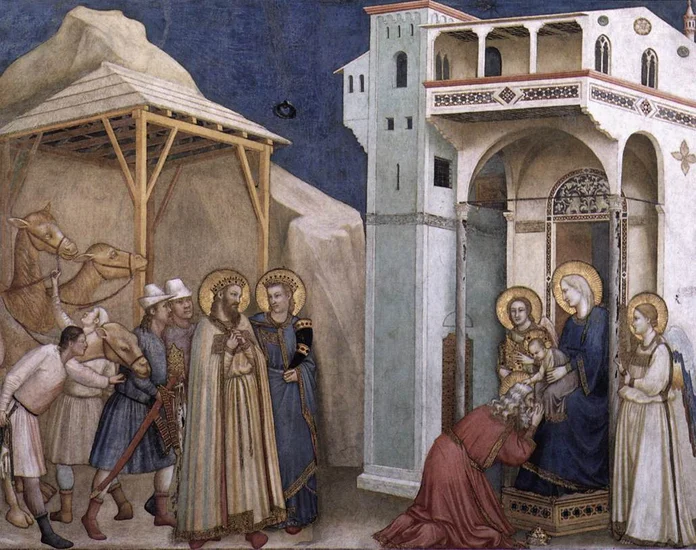
Western Christianity observes the sixth day of the Twelve Days of Christmas celebration. This period extends from Christmas Day through Epiphany in the liturgical calendar.
The tradition commemorates the time between Jesus Christ’s birth and the arrival of the Magi. Christian communities worldwide celebrate this festive season with special services and customs.
